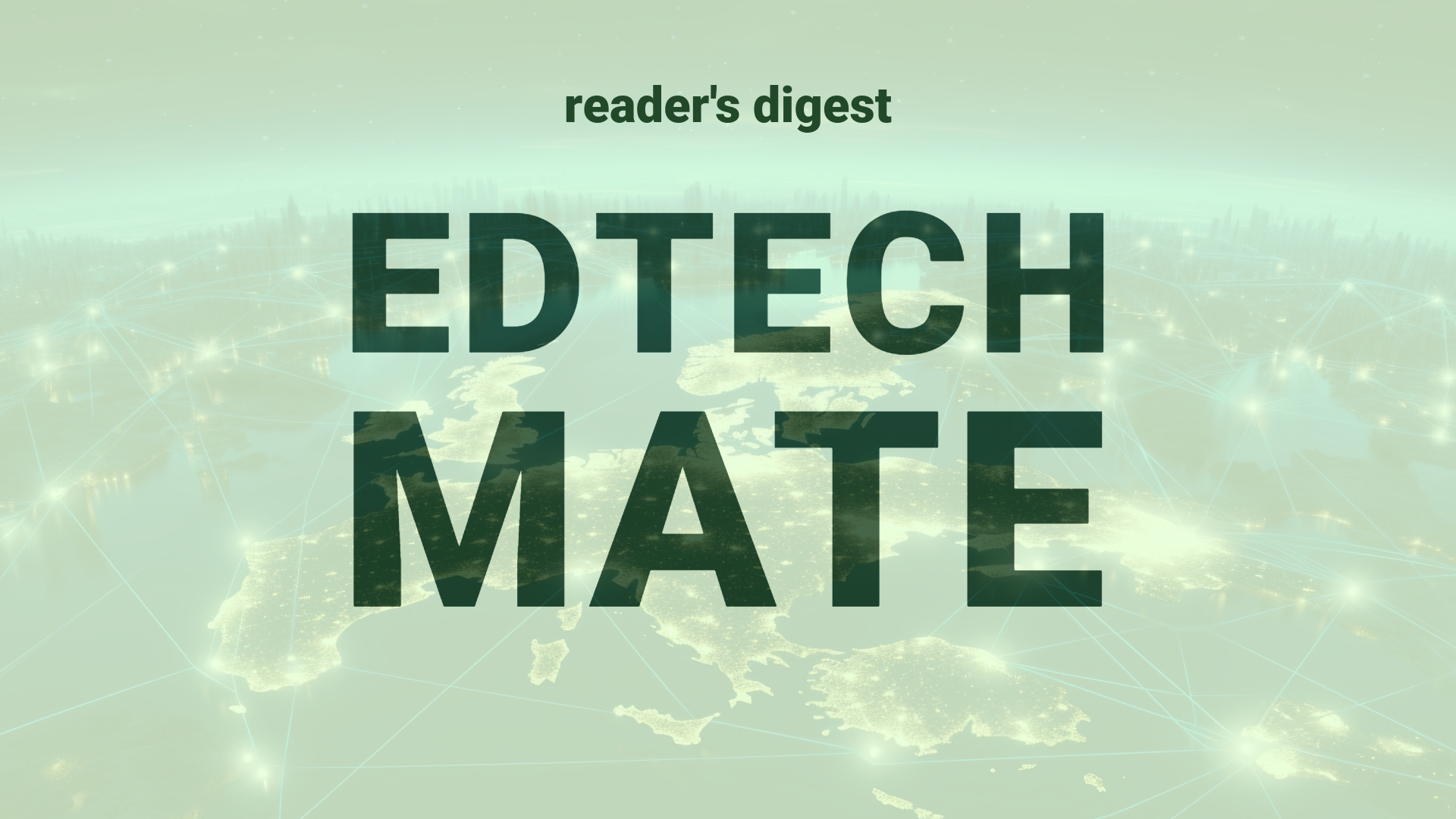“`html
Executive Summary and Main Points
In a significant statement at the Milken Institute’s Global Conference, Elon Musk, Tesla CEO and notable entrepreneur, voiced his opposition to the newly announced U.S. tariffs on Chinese-made electric vehicles (EVs). These tariffs were introduced to challenge China’s subsidized overproduction threatening to saturate the U.S. market with cheap EVs and clean energy products. Despite Tesla’s declining revenue and market share, particularly due to challenges posed by Chinese competitors, Musk took a stance advocating for free trade without tariffs, contrasting earlier remarks where he acknowledged the potential dominance of Chinese companies if unfettered by trade barriers.
Potential Impact in the Education Sector
The implications of these developments on the education sector, especially within Further Education and Higher Education, are substantial. If tariffs significantly affect the affordability of technical equipment such as EV components, institutions may experience a direct impact on the cost of instructional materials and lab equipment. The potential cost barrier could also influence curriculum choices and program availability. In terms of Micro-credentials, there could be an increased demand for specialization in international trade law, renewable energy technology, and sustainable business practices, leading to higher education institutions forming strategic partnerships with technology companies to enhance their curriculum and align with industry needs.
Potential Applicability in the Education Sector
AI and digital tools provide compelling opportunities for adaptation within the global education sector. Virtual simulations can substitute for physical EV components in engineering courses, offsetting the costs due to tariffs. AI technology can also be leveraged to create personalized learning experiences and better prepare students for a global economy that will be increasingly shaped by trade policies and international competition. Additionally, regional case studies on trade effects can be integrated into business programs, providing practical insight into navigating international markets.
Criticism and Potential Shortfalls
Musk’s shift in stance from advocating for trade barriers to opposing them may introduce uncertainty into market predictions and strategic planning across sectors, including education. The reliance on cross-border trade can impact not just educational equipment prices but also the availability of essential technology, potentially widening educational inequalities. Ethically, the production of EVs and similar technologies must be scrutinized for labor and environmental standards, requiring a cultural and ethical awareness that should be embedded in the international education curriculum.
Actionable Recommendations
International education leadership should closely monitor shifts in trade policies, adjust procurement strategies, and possibly hedge against equipment price volatility. Courses in international trade law and market dynamics could be expanded, informed by AI models that simulate global market shifts. Partnerships between educational institutions and tech companies can also foster innovation and resilience. As digital transformation accelerates, professional development for educators is essential to equip them with the skills needed to integrate these new tools into their pedagogy effectively.
“`
Source article: https://www.cnbc.com/2024/05/23/tesla-ceo-elon-musk-says-he-favors-no-tariffs-on-chinese-evs.html

